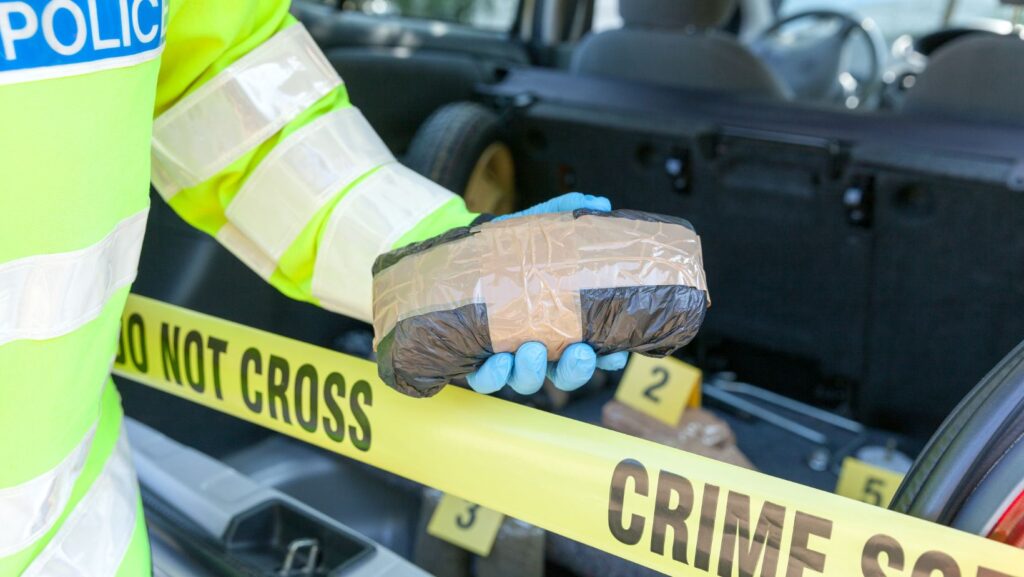In 2023, the United States Sentencing Commission found that out of 64,124 cases, 19,066 were related to drug offenses. 18,939 of these drug offenses involved drug trafficking.
Drug crime lawyer Kevin Lemley says people accused of possession, trafficking, manufacturing, or distributing illegal drugs can seek the services of drug crime lawyers for the protection of their rights. Drug crime attorneys go beyond legal representation to understand your case, identify prosecution weaknesses, and build a strong defense.
In this article, you will learn how drug crime lawyers establish a solid defense to protect the rights of their clients.
Understanding Drug Laws
The state regulates the ownership and sale of large drug items. Understanding the laws surrounding drugs could make the difference between a minor offense and a serious felony. Before being charged with a drug-related offense, one must understand what these laws entail.
Different drugs have different charges and penalty levels. For example, possession of a small amount of marijuana may result in lighter penalties than cocaine.
Knowledge of these details helps you better understand the charges against you.
Evaluating Evidence and Procedures
Your lawyer will examine all evidence against you and check how it was obtained. A skilled lawyer can determine if the arrest involved human rights violations like illegal searches and seizures. These violations could weaken the prosecutor’s case.
Your lawyer will cross-examine witnesses to check their credibility. Drug crime lawyers will review police reports, laboratory reports, surveillance footage, and other documents that support your case. If the evidence against you turns out to be inconsistent or insufficient, your chances of success improve.
Police procedures are also investigated. Any errors or departure from standard operating procedures may result in the evidence being suppressed or the charges being dropped.
Developing a Defense Strategy
There are several defense strategies that a lawyer can use during a drug crime case. Your attorney can argue that the drugs were not yours or that the accused party was unaware of them.

Another form of defense is proving the lack of intent or the presence of duress.
To create a defense that meets the specific requirements of your case, you must collaborate closely with your lawyer.
Negotiating Plea Deals
Sometimes negotiating with the defense can lead to plea deals. A plea bargain is a good way to avoid trial without the risks. Your drug crimes lawyer must provide an explanation regarding the implications and consequences of accepting the plea bargain.

In exchange for your guilty plea, the state may reduce your charges and offer leniency on your sentence. This may be helpful if the case against you is strong or if your weaknesses could complicate a trial.
Your lawyer will weigh the strengths and weaknesses of your case. You will receive advice on whether accepting a plea bargain is preferable compared to going to trial.
Representing You in Court
Drug crime lawyers are your primary legal representatives and will diligently work to uphold their client’s rights in court.
Your lawyer will constantly update you about the case proceedings. Don’t hesitate to ask questions for clarification.
Your rights will be protected and your case will be successfully resolved if you have a skilled legal representative by your side.
